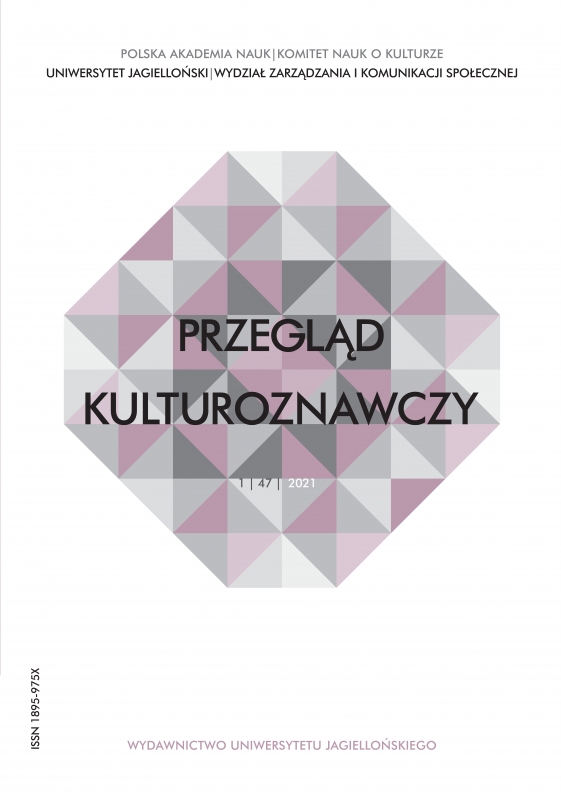Zarządzanie posthumanistyczne
Posthumanistic management
Author(s): Michał PałaszSubject(s): Social Sciences, Sociology, Applied Sociology
Published by: Wydawnictwo Uniwersytetu Jagiellońskiego
Keywords: posthumanistic management; management in the Anthropocene; posthumanism; actor-network theory; Anthropocene; Generalized Anthropocene; climate crisis; climate change; swirl of crises; humanistic manag
Summary/Abstract: The article introduces the concept of posthumanistic management as a result of exploring the relationships between the Anthropocene, management and contemporary humanities. Posthumanistic management is a response to the pressing need of management reform in the context of a swirl of crises of what is called Generalized Anthropocene (and described as brutal adulthood of humanity), especially concerning the anthropogenic climate-ecological and derivative crises. The author argues that the culture of management (dominant activity of the modern world) based on greed is the reason to make management at least co-responsible for the crises of the Anthropocene next to the pathological actions and inactions of business and political actors and the dominant socio-economic system of capitalism itself. The text summarizes the attempts to humanize management (business ethics, corporate social responsibility, stakeholder theory, sustainable development, critical management studies, humanistic management) and makes an effort of posthumanistic correction of one of the dominant definitions of economic management. A posthumanistic correction of management is based on assigning agency and dignity to all, also non-human resources of management processes, and on transformation of the purpose of organizational practices from focused on particular goals of the organization towards the pursuit of the heterogeneous common good. The posthumanization of management implies, the author argues, pansolidarity, radical empathy, the fall of the mean-end dualism, redistansation and cyclization. The article ends by highliting some of the flaws of the introduced concept and some possible ways of overcoming them.
Journal: Przegląd Kulturoznawczy
- Issue Year: 47/2021
- Issue No: 1
- Page Range: 1-25
- Page Count: 25
- Language: Polish

